
Setting the right labour rate is crucial for ensuring that auto repair shops are compensated fairly for their services — and not just the shop, but the technicians and staff making the day-to-day happen, a shop coach emphasized
Bill Haas, president of Auto Ignite Management, offered some insights during a recent conference on the importance of properly charging for services to maintain a healthy and effective labour rate, how these changes can help auto repair shops improve their profitability and ensure they are rewarded for the quality of their work.
He addressed the common issue of shops charging less than their door rate for certain services, such as oil changes.
“Let me ask you this: How many people have a rate lower than their door rate for an oil change?” he asked attendees of this year’s Midwest Auto Care Alliance Hi-Tech Training & Expo in Kansas City.
“Here’s the fastest thing you can do in your store: Go back home on Monday and take your door rate — and whatever you charge for an oil change — and that’s the labour that gets applied to doing an oil change,” he advised.
His rationale: Shops deserve to be paid for the professional service they provide.
“You think because the guy down the road has got a quick lube special for $39.95, we’re going to price ourselves out of the market? No, we’re not,” Haas said.
He highlighted the importance of recognizing the value of the skilled technicians who perform these services.
“We have highly skilled, well-trained technicians servicing that vehicle. Get paid for it and watch what happens to your effective labour rate,” he said, adding that by charging appropriately for all services, shops can improve their effective labour rate, which is the actual rate earned per hour of labour.
Another issue affecting the effective labour rate is performing tasks at a lower rate than the door rate or not getting paid for certain services.
“When we do things that we either don’t get paid for or get paid a rate less than our door rate, it’s dropping our effective labour rate,” Haas said.
To counteract this, he recommended charging higher rates for specialized services such as diagnostic work and check engine light service.
“You have to be paid more for those services because it will improve your effective labour rate,” he said, balancing out work that impacts it.
Haas pointed out that the most expensive and well-trained technicians often perform these specialized tasks using sophisticated equipment.
“We will take the most expensive, the most well-trained [technicians] using the most sophisticated equipment that we’ve made investments in in our stores, and we won’t get paid what we deserve to get paid for that work,” he noted.
By adjusting the rates for these services, shops can ensure they are compensated fairly for the expertise and investment involved.
“We do a professional service that we deserve to be paid for the service we provide,” he said.
Image credit: Depositphotos.com
Related Posts
Comments
-
Recycled garbage. Poor advise to price your oil changes right out of the market. Any shops that try and make their effective labour rate match their door rate for 44 hours a week per technician will be closing their shops and joining another failed attempt of industry consulting. The key to this industry is to keep consumers in their vehicles for a longer period of time lowering their lifetime car count while retaining customer retention. This process does not happen over night. The shops that figure this out will be successful.

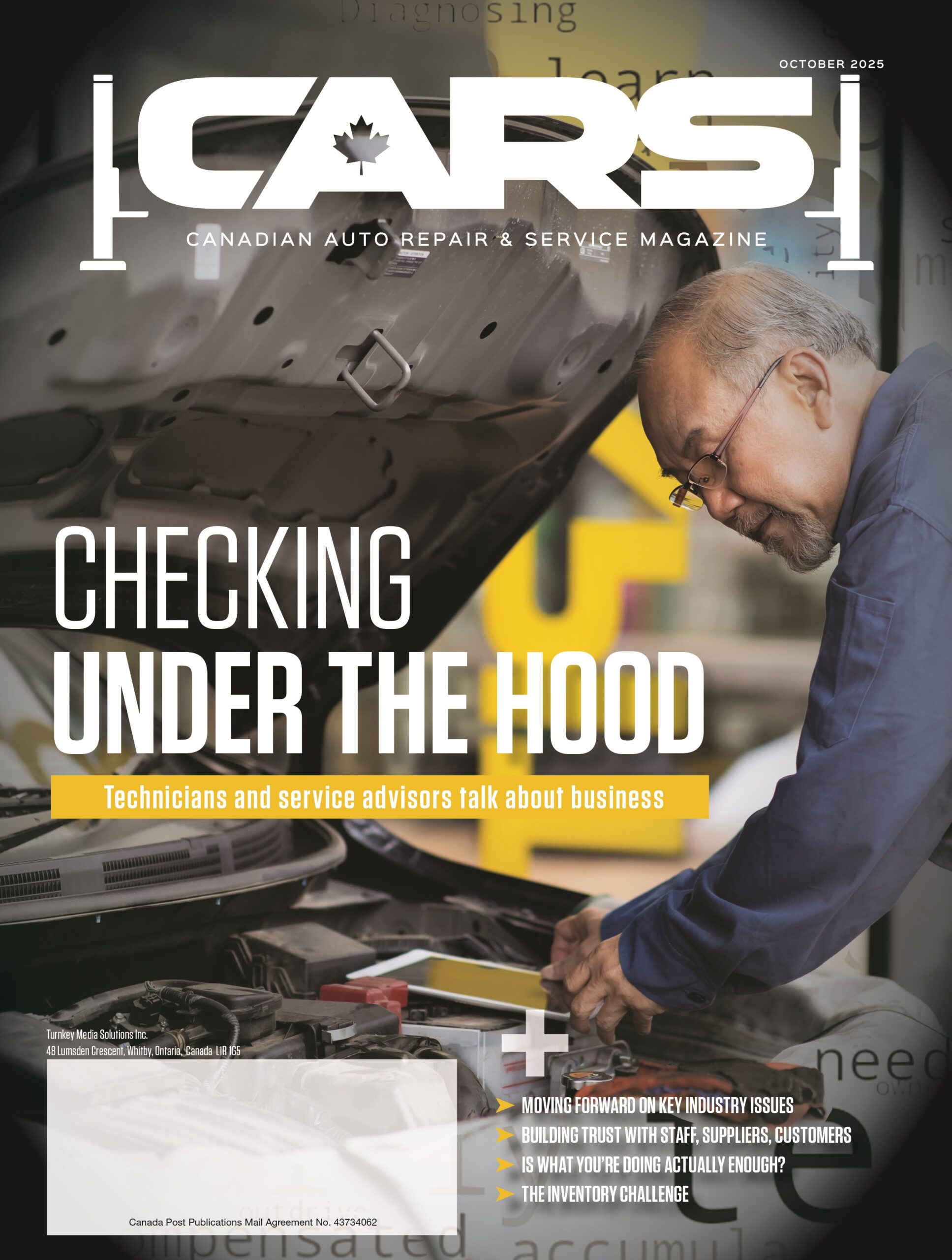
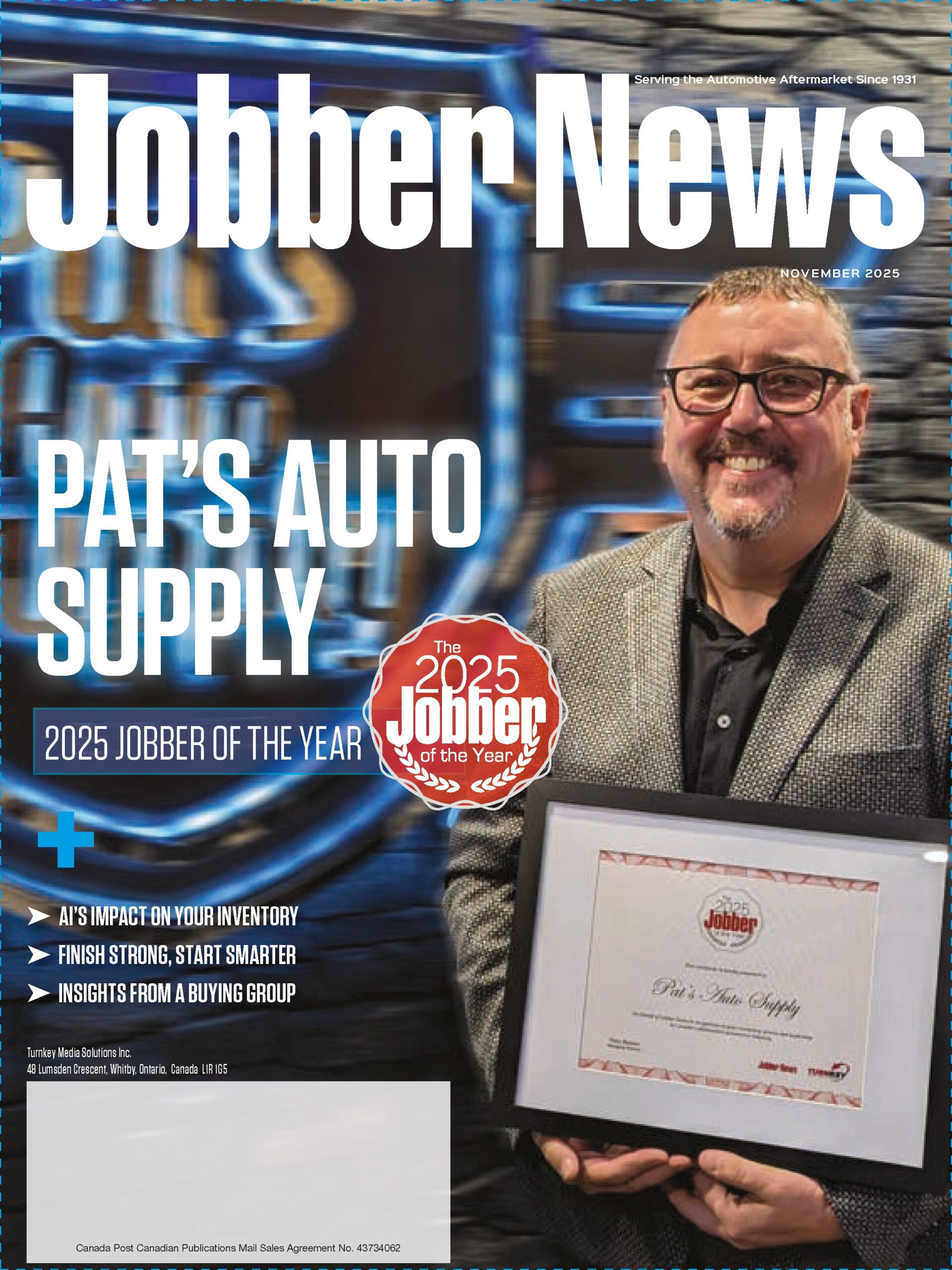
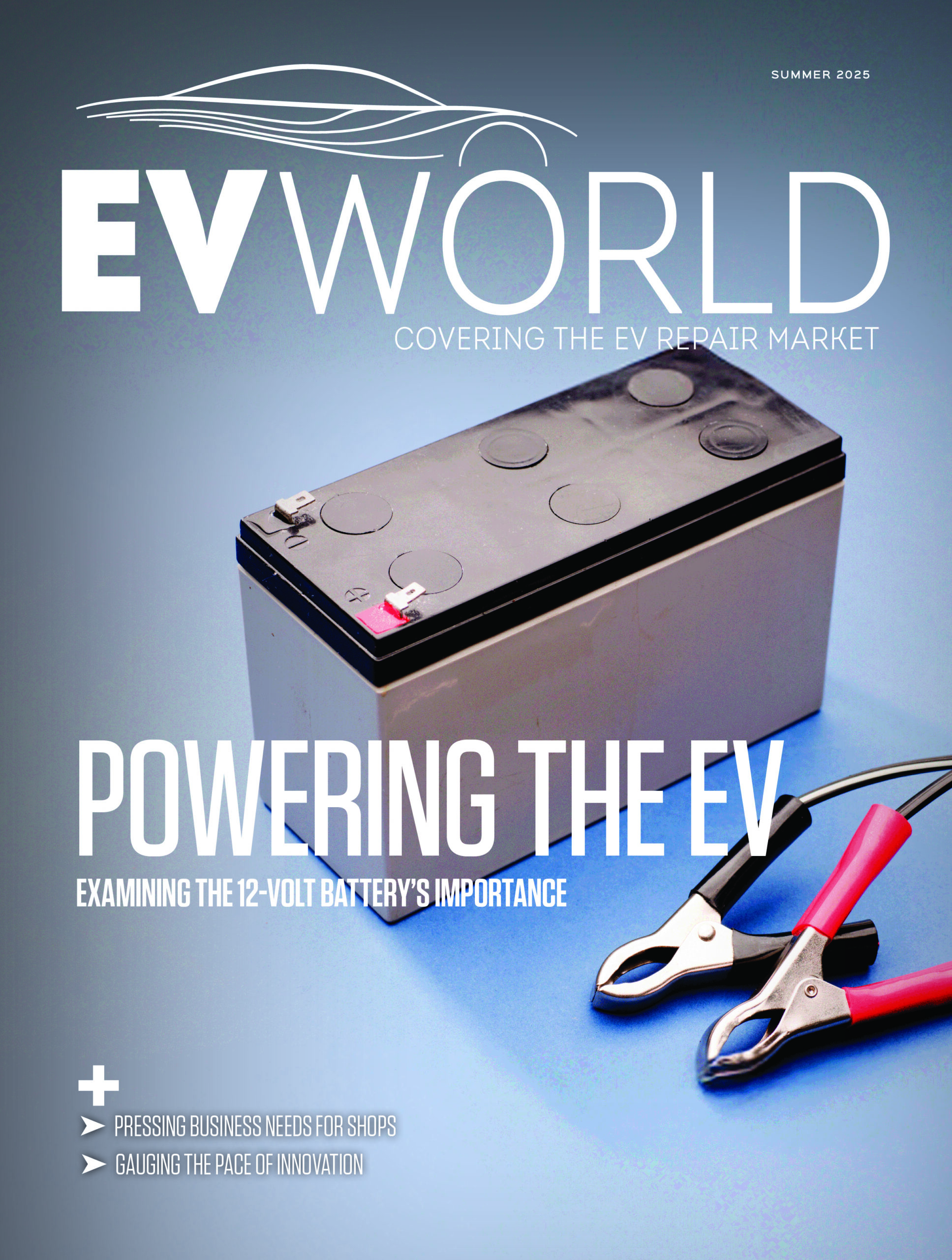

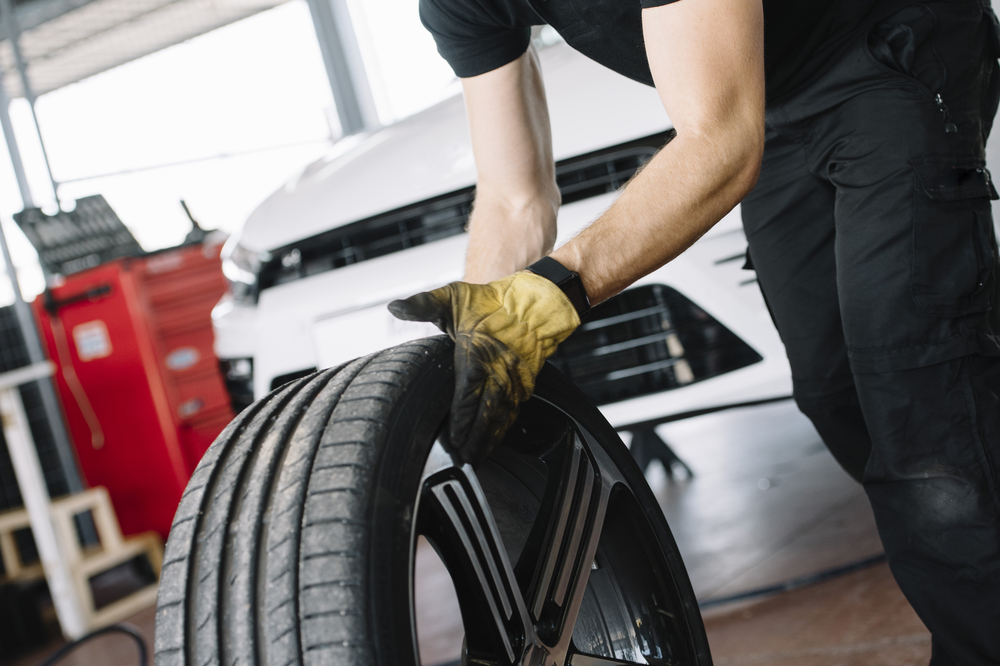


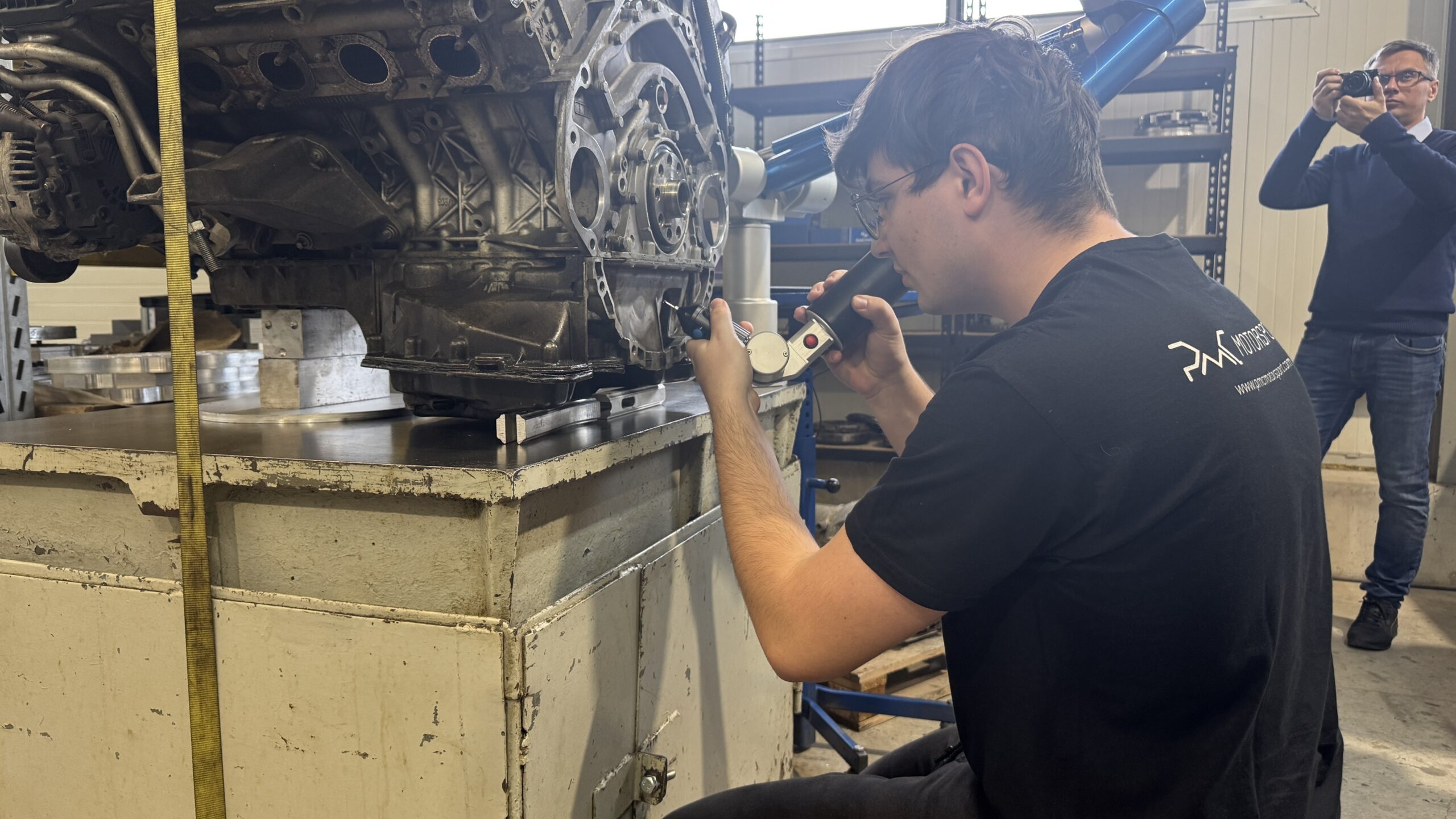
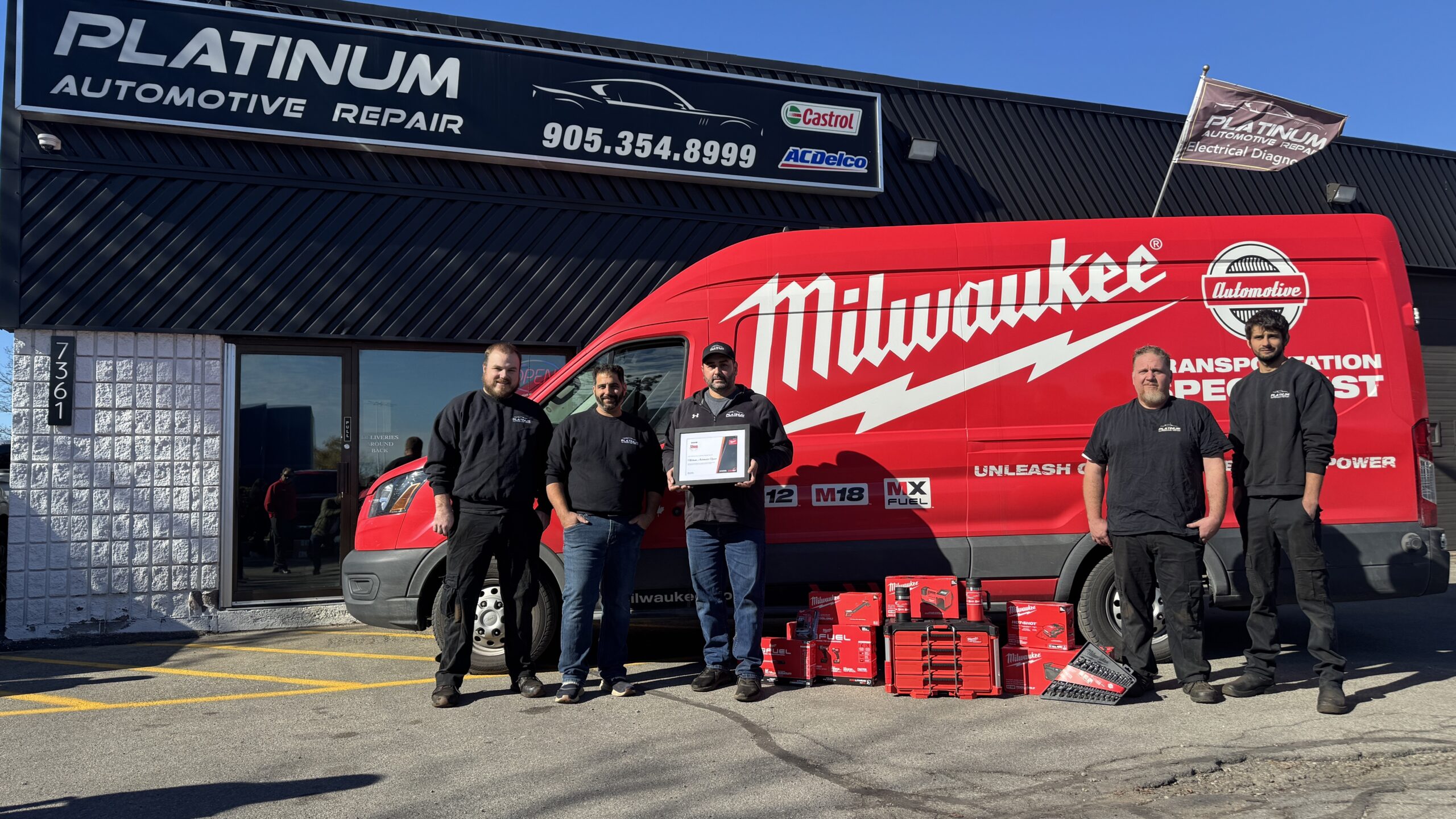
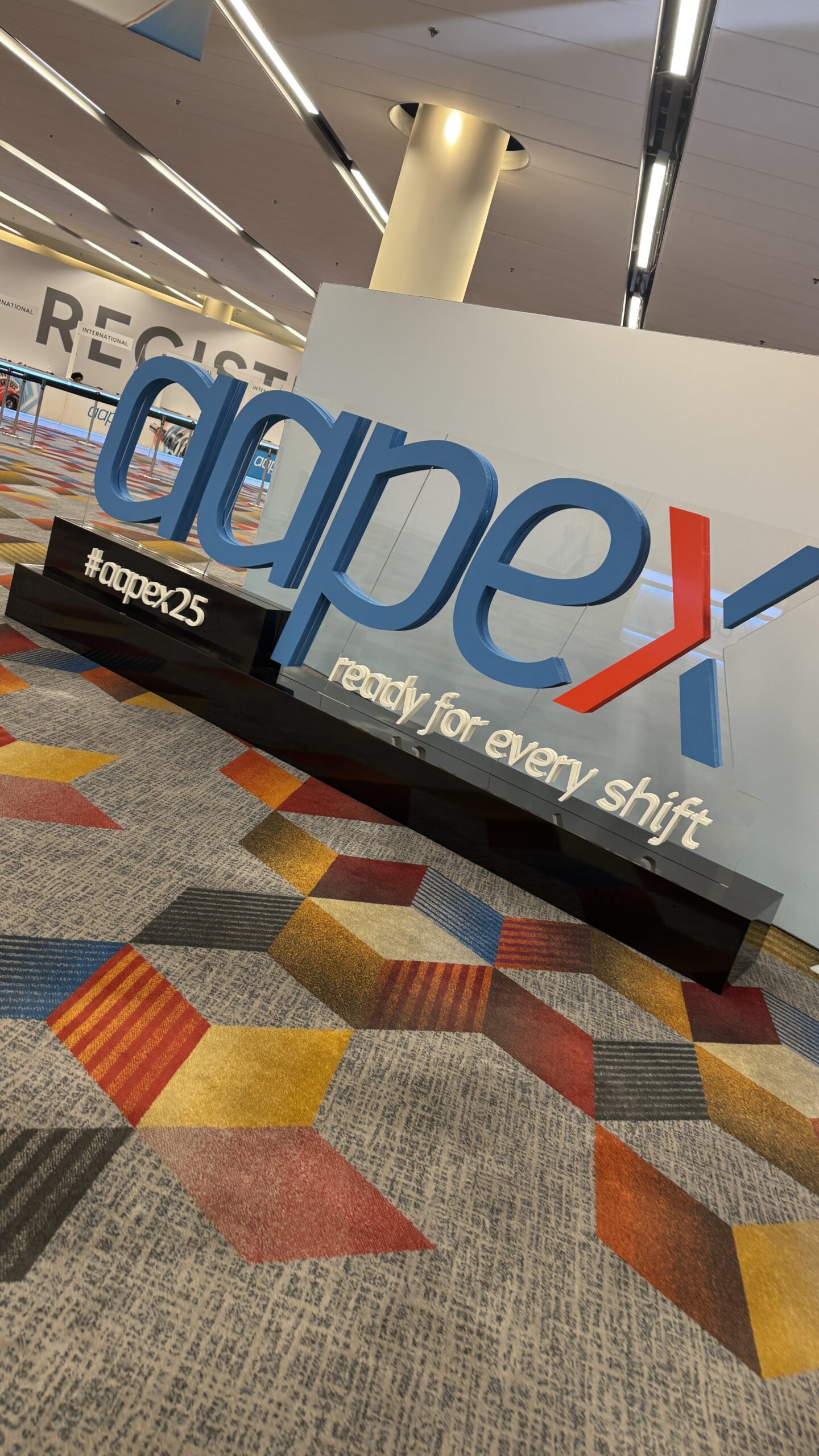
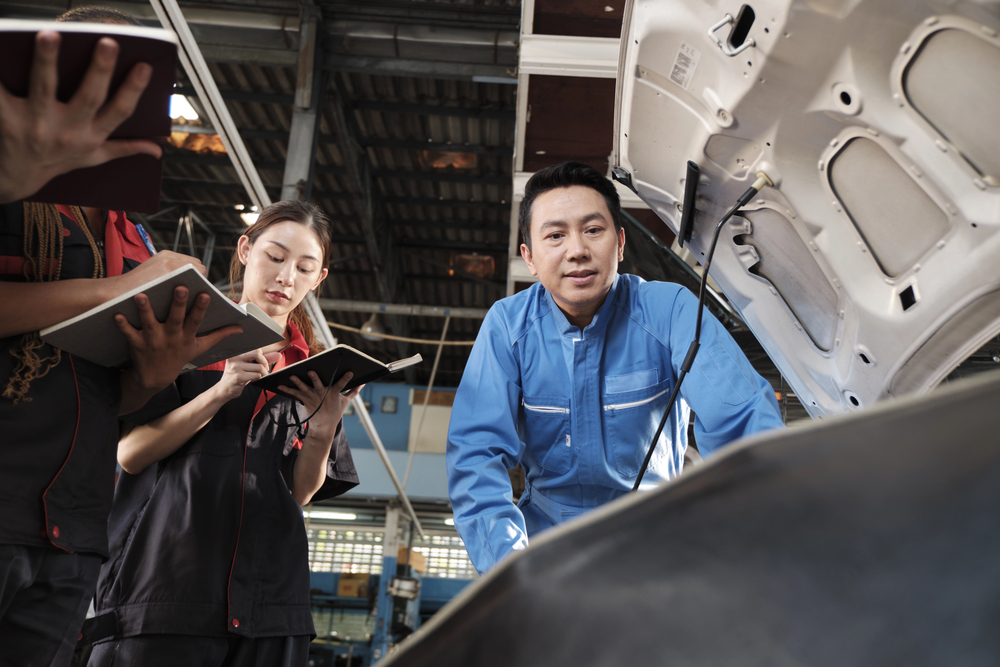

Leave a Reply